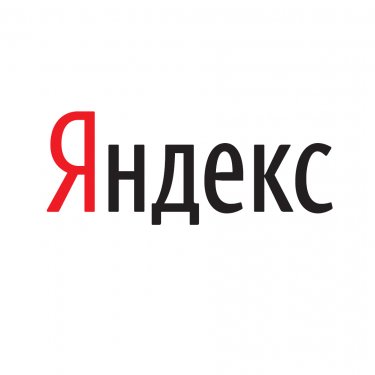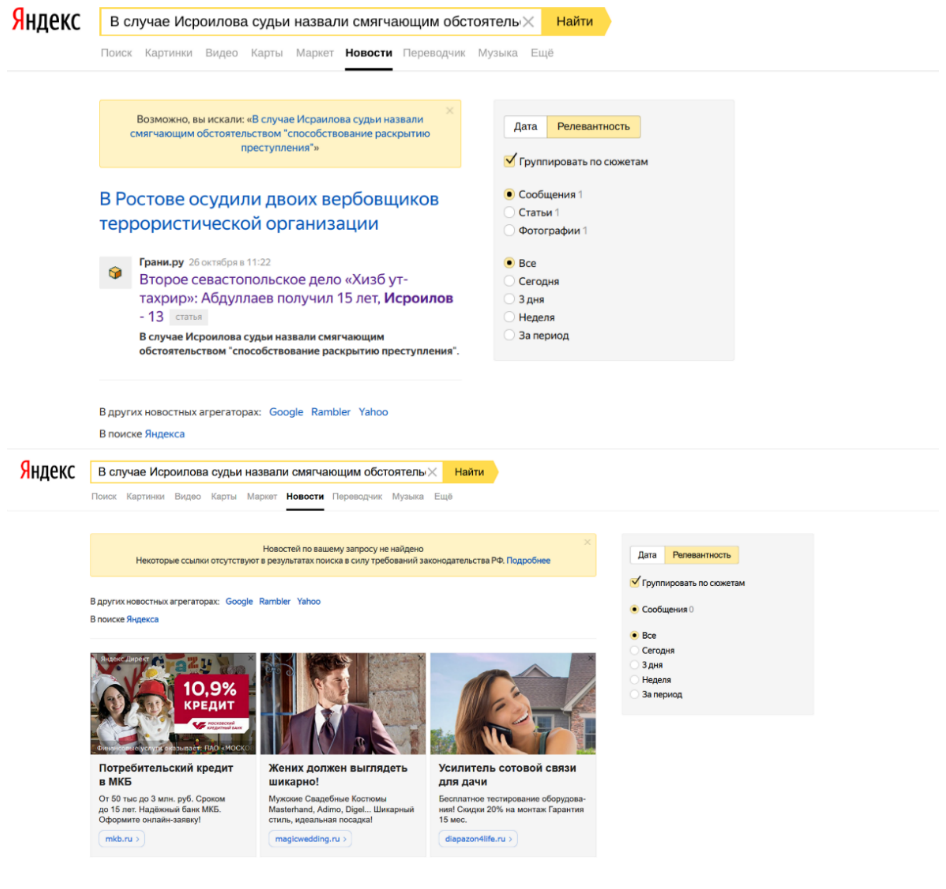Leading Russian search engine is removing banned sites from its results

Читать на русском / Read in Russian
Reporters Without Borders (RSF) is appalled to learn that Russia’s leading search engine, Yandex, has begun removing references to banned websites from its results in order to comply with a draconian law reinforcing censorship in Russia.
The outspoken Russian news website Grani.ru reports that Russian users have not been able to see any Grani.ru stories listed in Yandex News since 27 October. Grani.ru has been blocked in Russia since 2014 but its news stories can still be accessed via a mirror site.

Yandex has not yet offered any explanation but it seems that the Russian search giant is complying with a law that took effect a month ago, under which search engines can be fined if they fail to remove blocked sites from their results.
The law was part of a legislative package that was approved in the summer of 2017 and was described by RSF at the time as “one of the last nails in the coffin of Internet freedom in Russia.”
“Censorship in Russia is becoming ever more Orwellian,” said Johann Bihr, the head of RSF’s Eastern Europe and Central Asia desk. “Removing banned sites from results extends the impact of the increasingly arbitrary blocking of more and more sites. The Russian authorities must stop trampling on the public’s right to information, which is guaranteed by the Russian constitution and the European Convention on Human Rights.”
This move by Yandex comes amid strong pressure on the Russian search engine. Rumours that part of its capital was about to be bought by a state-owned Russian bank recently drove its share price down.
Wholly-owned by a company registered in the Netherlands, Yandex is also under threat from a proposed law that would limit the level of foreign investment in news aggregators to around 20% of their stock. Russia’s aggregators are already largely controlled by the authorities.
Google is also now in the hot seat. On 25 October, the Russian telecommunications agency Roskomnadzor threatened to fine Google if it did not immediately remove banned sites from its results. This is just one of the ongoing disputes between the Russian authorities and the US tech giant.
The Kremlin has been steadily tightening its grip on the Internet since 2012, and the criteria under which sites can be blocked without referring to a court keep on being extended, as sites such as Grani.ru, EJ.ru and OpenRussia have learned to their cost.
Since last spring, the authorities have also been trying to block Telegram, an encrypted messaging app with news and information channels, which refused to cooperate with the Federal Security Service (FSB). More and more bloggers and social network users are meanwhile being jailed for the comments they post or for even a “like.”
Russia is ranked 148th out of 180 countries in RSF’s 2018 World Press Freedom Index.



